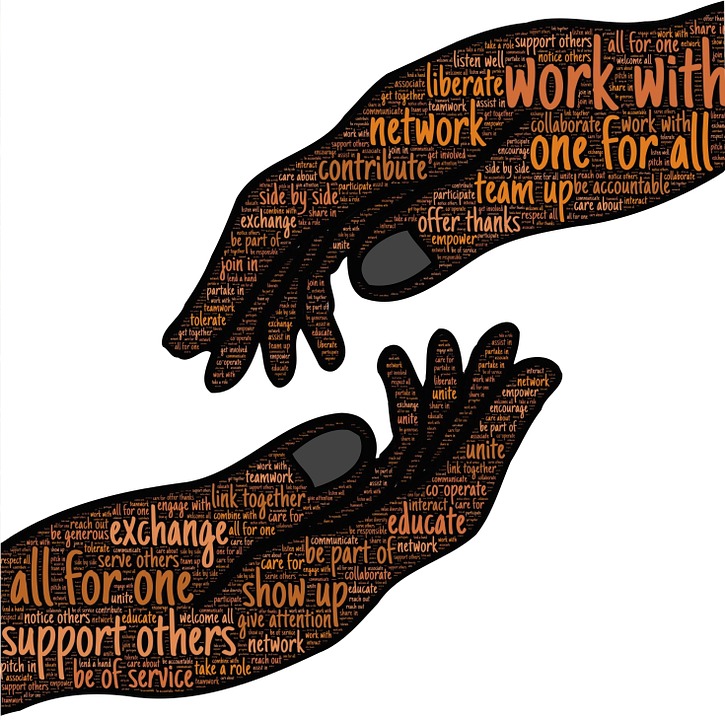
What does it mean to be “a people of prophecy?” That’s the question we’re looking at this month — what it means to say that Unitarian Universalists are “a people of prophecy,” that our movement is a “community of prophecy,” that you and I are part of a people of prophecy.
Most of us probably have an image that comes to mind when we think of “prophecy.” It may be the stereotype of a Biblical prophet — someone wandering in the desert, hair disheveled, really scratchy clothing, crying out (God’s) judgement on some kind of sinful behavior (whether political or personal). “A voice crying in the wilderness,” as it were. Perhaps it’s a fortune teller, a soothsayer … “the prophets foretold.” Nostradamus, of check-out line tabloid fame, or poor, poor Cassandra, blind of sight but blessed with clear vision of the future (and condemned to have no one ever believe her).
Either way, it’s apparently not easy to be a prophet. In the Christian scriptures Jesus is remembered as saying, “A prophet is not without honor, except within [their] own country.” Universalist preacher Clinton Lee Scott said:
“Always it is easier to pay homage to prophets than to heed the direction of their vision. It is easier to blindly venerate the saints than to learn the human quality of their sainthood. … Grandchildren of those who stoned the prophet sometimes gather up stones to build the prophet’s monument.” (You can find this at #565 in our hymnal.)
And Unitarian iconoclast Henry David Thoreau once commented on the people of his day, saying:
“The fathers and mothers of the town would rather hear the young man or young woman at their tables express reverence for some old statement of the truth than utter a direct revelation themselves. They don’t want any prophets born into their families — damn them!”
Yet all of this has to do with a prophet, the idea of the prophet as an individual, and one who is somehow different than the rest of humanity. Yet this month’s query asks us to consider what it means to be a people of prophecy — not a prophetic person, but a prophetic community. That’s a different thing, and one less often explored. We have gravitated to the story of the heroic individual, the one who goes out before the people, the singular leader who embodies a vision which others may, indeed, share, yet cannot see as clearly.
Community, though, is core to our Unitarian Universalist identity and tradition. We are a covenantal people, brought together and held together not by dictates from on high but through decisions made together. We create our congregations. We ordain our clergy. We search for “truth and meaning” side by side with one another, actively in a creative collaboration. And so, if there is to be any prophecy among us, it will have to come from us all.
Since the election in November, many of us are seeing our country though new eyes. Some are shocked at what they see. Others are shocked at how much shock there is — haven’t people of color, and women, and the LGBTQ community, and non-Christians been saying for years — generations — that the United States is not the beacon of freedom and justice it claims to be … unless, of course, you’re white, cis male, straight, Christian, well-educated, and financially stable. Then the dream seems to be a reality. Yet for countless others that celebrated dream has always been more of a lived nightmare.
If we are to be truly “a people of prophecy” in our current cultural climate, we — together — will need to place ourselves where the Biblical prophets placed themselves — speaking truth to power. And we will need to speak the truth of what we see when we look into the future, foretelling what the road ahead looks like if we don’t change our course.
People generally don’t like prophets — they often think there’s something wrong with them, that they’re being overly dramatic, that they need to lighten up, that their strong voice of condemnation is, itself, part of the problem and that they should really calm down so that we can all just learn to get along. But that’s not what prophets do, and as “a people of prophecy,” that’s not what we Unitarian Universalists can do. There’s too much at stake.
Pax tecum,
RevWik
